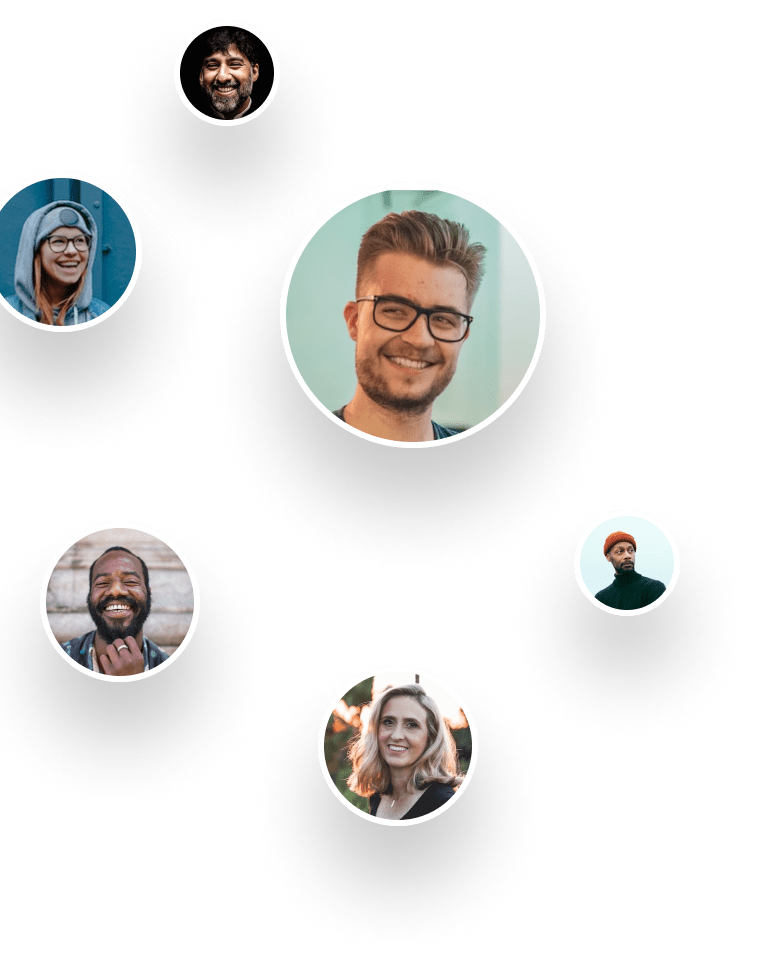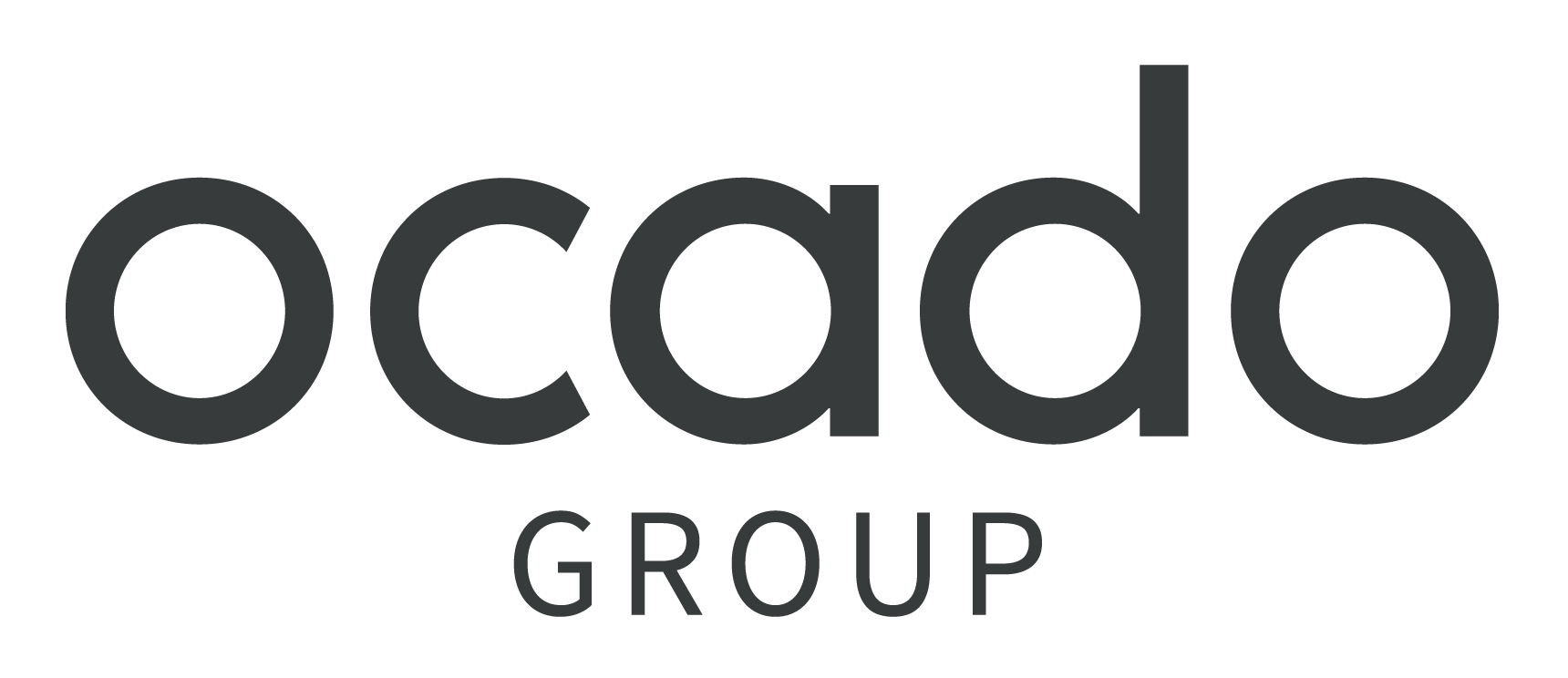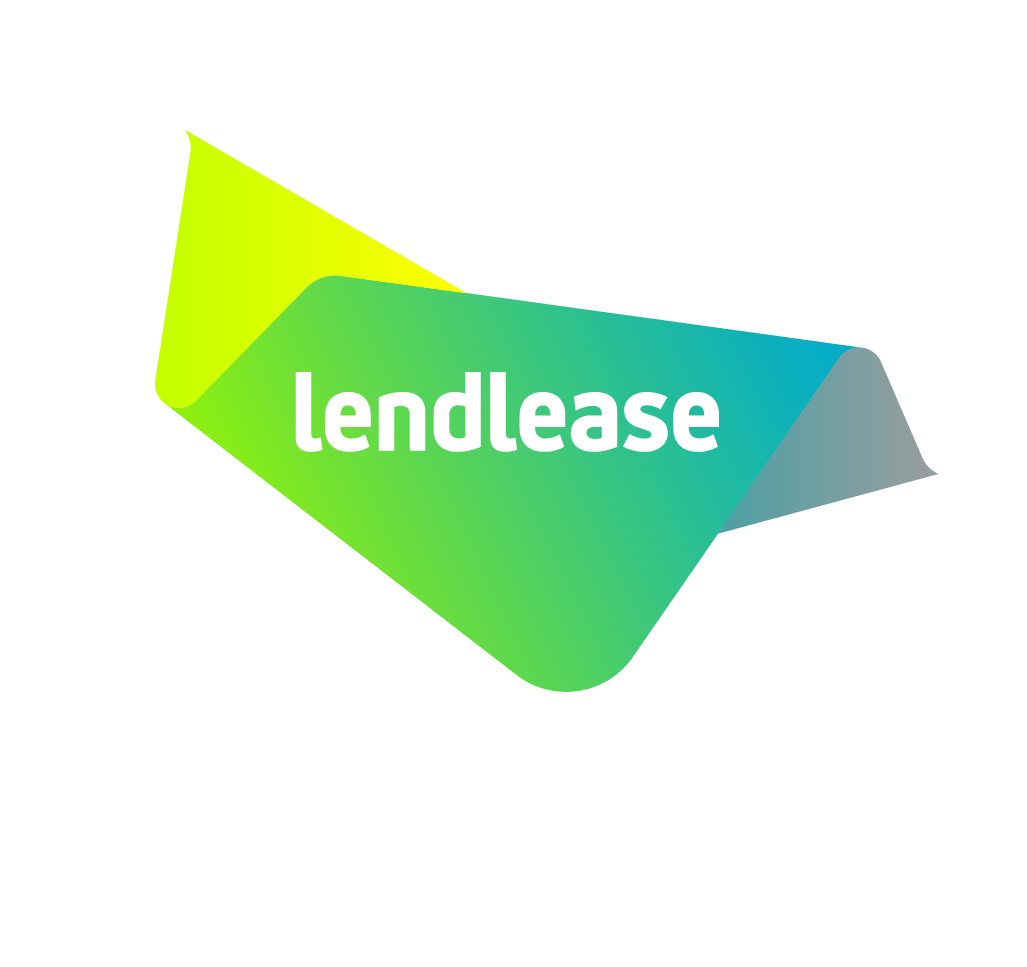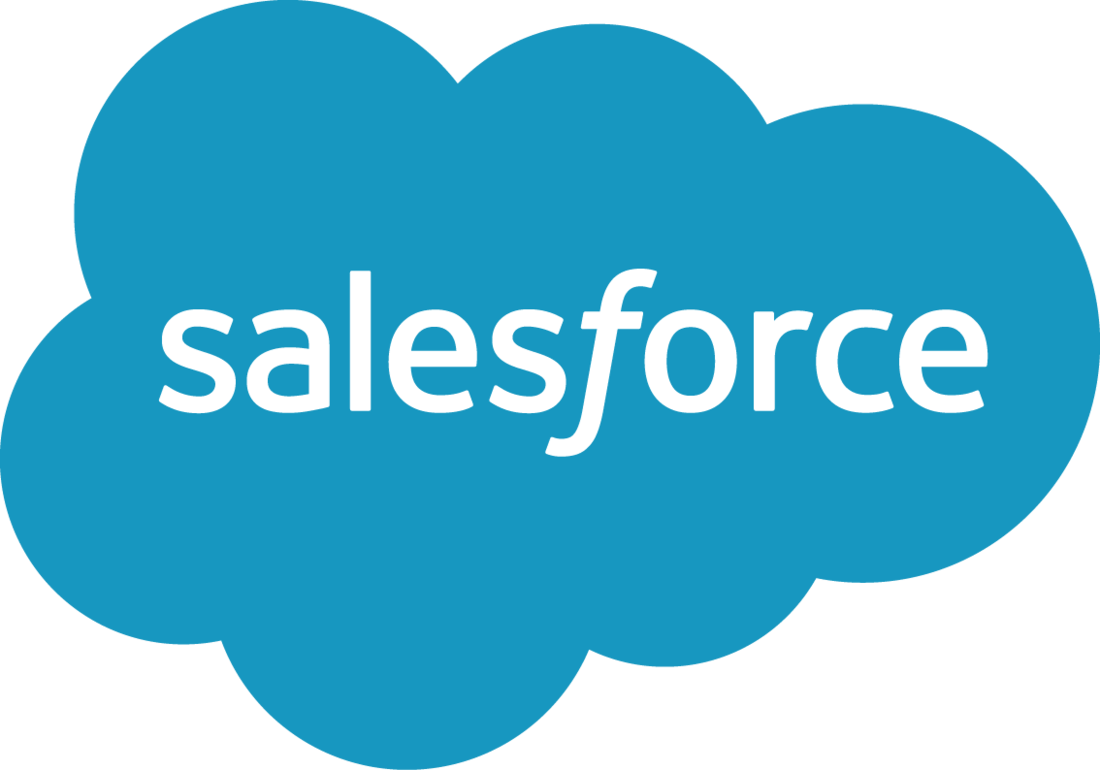
The Skyscanner success story
Everyone’s favourite flight metasearch engine, Skyscanner is an online travel agency based in Edinburgh that enables people to research and book travel options for their trips, including flights, hotels and car hire. Now available in over 30 languages and used by 100 million people per month, the company recently partnered with Huawei to bring various travel services to Huawei Mobile Services.
“One benefits package for all just doesn’t work anymore.”
Julia Clement, Head of Reward, Skyscanner
Objectives
Encompassing a new benefits model post-Covid-19 by extending the traditional gym benefit into a broader more holistic wellbeing offering.
1
Building awareness of its newer benefits to its global employee base with targeted communications
2

Encouraging a top-down approach to wellbeing from the leadership team
3
Callenge
The challenge
“For a few years, we have had a gym membership benefit for new hires that can be claimed within the first six months and one of the things that we have been looking to do is to extend that to everyone for a year. This was partly due to Covid-19 and partly from listening to employees. We want to make it broader than the gym benefit partly because gyms were closed during the pandemic, but also as an acknowledgement that an individual’s wellbeing isn’t just about health – it might be financial wellbeing or spending more time with family. It is a much broader concept than just physical fitness and we wanted to reflect that. And listening to employees we wanted to put some learning into that and find a way that supports them best.”
Solution
FOCUS on developing regional benefits
“From a design and structure point of view, we have global minimums for benefits and global principles through which we operate. That might mean that we want to make sure that everyone has healthcare coverage, and it might be in some countries this is administered through the state or is supplemented by us, and in other countries, there isn’t that provision. That’s fine but if we have the general principles in place then the support that we provide to employees is consistent whether that is through insurance, or us having to supplement through a PMI scheme.”
“It’s the non-traditional benefits that really have to be global in nature. It’s really important that we have the community and culture across the whole organisation and that we support people in the same way.”
“There is a lot of emphasis on employees and engagement and attraction and retention rates because you have the Great Resignation and rebuilding of things after Covid. At the same time, it has provided increased awareness of wellbeing and the fact that one benefits package for all just doesn’t work anymore. This concept of individualisation of benefits has accelerated a lot, so what we are looking at is working with different groups to understand what we can provide them, and things that can support everybody.”

Results
COMMUNICATIONS in a hybrid working environment
“We went online-only with all our communications during the pandemic, and we were blessed with the ability to do that as we had the tech ready to go and embraced it. Now we are in a hybrid model with some in-person and some remote working so we need to keep that broad ability to communicate across the whole population.”
“To support that, we run AMA – or ‘ask me anything’ – sessions. They give face–to–face access to our exec team for all our people, which really supports that culture.”
“From a benefits point of view, we are going with a communications concept of ‘little and often,’ so we do a weekly reminder of different benefits so that people don’t have to remember where they might have seen something – we have it front and centre – and remind them about all the benefits available to them, because we have a lot of them!”
Customer Stories
Ready to connect your employee experience?



























